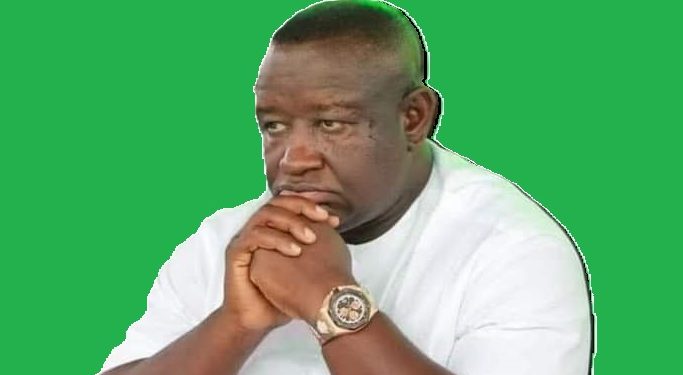By Hassan Osman Kargbo
When the Sierra Leone People’s Party (SLPP) assumed power seven years ago under the leadership of President Julius Maada Bio, many Sierra Leoneans held high hopes for change. Citizens expected improved living conditions, a stronger economy, greater freedom, and better governance. Yet today, the reality tells a different story—one filled with hardship, poverty, and unfulfilled promises.
From the very beginning, critics warned that deception and propaganda had become the defining tools of this administration. Seven years later, those warnings appear justified. The government has been quick to praise itself for supposed successes, yet ordinary Sierra Leoneans continue to suffer daily under the weight of poverty, economic instability, and a political climate that stifles democracy.
One of the most glaring failures of the SLPP government is the economic collapse experienced by Sierra Leoneans. Prices of essential goods have skyrocketed to levels never seen before in living memory. Basic commodities such as rice, cooking oil, and fuel are now unaffordable for large portions of the population. Families struggle to put food on the table while inflation continues to erode the value of income.
Instead of alleviating poverty, the policies of the Bio-led government appear to have deepened it. Jobs are scarce, wages are insufficient, and businesses are crippled by unstable economic policies. Rather than building a strong foundation for development, the country is being pushed further into dependency and desperation.
Also, Democracy in Sierra Leone has come under severe strain during the last seven years. Citizens no longer feel the protection of their democratic rights. The atmosphere of fear, intimidation, and suppression has grown steadily under this administration. Opposition voices are often silenced, journalists threatened, and civil society organizations monitored.
This lack of freedom undermines the very foundation of governance. Without the space for open debate and accountability, corruption thrives while the people remain voiceless. For many, democracy in Sierra Leone under the SLPP has become little more than a slogan—spoken loudly by those in power but invisible in practice.
Moreover, one of the most heart-breaking impacts of the SLPP government is the rise of violence and drug abuse among young people. Dangerous chemical drugs, particularly Kush, and Tramadol have spread like wildfire across communities, destroying lives and futures. Thousands of young Sierra Leoneans have died or been left mentally broken by these substances.
The government’s response has been slow, inadequate, and often limited to propaganda rather than practical action. Instead of providing rehabilitation programs, job opportunities, or hope for the youth, neglect has allowed the crisis to worsen. Violence, linked both to poverty and drug abuse, has risen in different regions, creating insecurity for communities and businesses alike.
While Sierra Leoneans endure hardship, the SLPP government continues to shower itself with praise. Officials boast of achievements that rarely touch the lives of ordinary people. Promises made in campaign speeches remain unfulfilled. Hopes for better healthcare, quality education, and infrastructural development are dashed by delays, corruption, and misplaced priorities.
The culture of propaganda has blinded the leadership from confronting reality. Rather than acknowledging failures and seeking solutions, the government paints a picture of progress that exists only on paper. This disconnect between government narratives and citizens’ experiences has fuelled resentment and disillusionment nationwide.
Many Sierra Leoneans now see the SLPP government not as a driver of development but as a force of destruction. Critics point to the involvement of former fighters and Kamajors within its leadership, describing the party as a continuation of old divisions and violence. The administration has been accused of prioritizing political power over national interest, inflicting pain instead of bringing healing to a country already scarred by war and poverty.
The legacy of these seven years is one of betrayal. Instead of lifting citizens out of poverty, the government has plunged them deeper into suffering. Instead of fostering peace and democracy, it has allowed violence and intimidation to grow. Instead of providing leadership with compassion and vision, it has created a culture of arrogance and self-congratulation.
Additionally, many Sierra Leoneans believe the days of the SLPP government are numbered. A nation cannot continue on a path of deception, propaganda, and failure without consequence. The people’s patience is wearing thin, and their demand for real change grows louder each day.
Seven years of mismanagement have shown that empty promises and self-praise cannot build a country. What Sierra Leone needs is leadership that values truth, justice, and the welfare of its people above personal gain and propaganda. The challenge now is for citizens to hold leaders accountable and demand a government that serves the people, not one that deceives them.
Until then, Sierra Leone remains trapped in poverty, insecurity, and broken promises—an enduring testimony of seven wasted years under the SLPP government.











